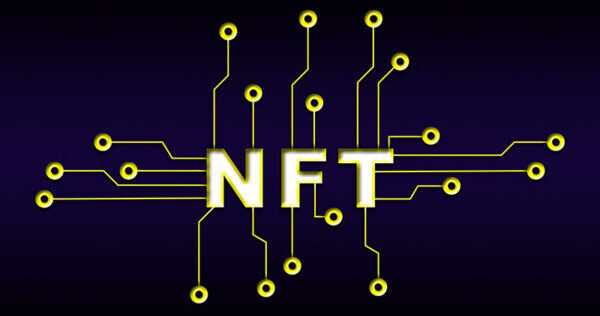Or, at least, they have been part of the game. And a decade ago, almost any investor would have expected them to persist as the inevitable realities of an otherwise optimal asset class. But decentralized finance (DeFi) and its quick rise is positioned to change almost all of that. Following are my two cents on the major changes we can look forward to in the short and long term as real estate continues to transform under the new God of decentralization.
From The Bottom Up: The Universal Impact of Lower Overhead

To understand the potential impact of blockchain technology as it relates to real estate, imagine that telephone game a little differently. If an encoded, open-source, completely trustworthy entity took over for the people—the brokers, companies, banks, attorneys, and even government legislators—how would the deal then change?
First, incredible amounts of capital that normally flow to those intermediary entities would be freed up to be used in other ways. Second, the time it takes for transactions to take place would be a fraction of the previous rate. Third, and maybe most importantly, all of this would be done through coded, unchangeable processes—the system wouldn’t ask us to dispense with any more trust.
Looking even further, smart contracts can be pre-programmed to enact the next part of the deal once certain conditions are met. Faster, better, and less expensive deals will be the inevitable result; it’s a future fast approaching, one that I’m really excited about.
Tokenization as a Path to Consumer-Centric Finance
Importantly, this means tokens can be traded uniformly from anywhere in the world. Because they’re real and defendable, investors can borrow real money against the digital token, and access the building’s equity without the traditionally impossible underwriting process.
The same theory can be applied to raising capital. Tokenization can empower smaller groups of institutional investors to pool their money and open liquidity options to even smaller retail investors who want to be part of a deal. Without any central or regulating entity—even without banks—capital can be raised and allocated according to the vote of the group, the DAO, or the governing program in place.

While fundraising was always open to group activity, blockchain-supported raises allow for a new level of trust building between non-related parties; we’re seeing people from all over the world come together and share a new level of faith in the blockchain, allowing them to get bigger things done faster to everyone’s benefit.
Fractional Ownership: What It Means, Why It Matters
Already, new value has been created through the presence of blockchain-enabled DeFi in the real estate space. The extent to which banks adopt and embrace the level of streamlined automation and trust-free transactions that the blockchain enables will be the extent to which they continue to be involved in the future of real estate. And for investors, both established and just starting out, taking an early interest, asking questions, and reading widely will be the best bet for continued relevance and proper market positioning in a future that’s set to be very different within the next exciting decade.
